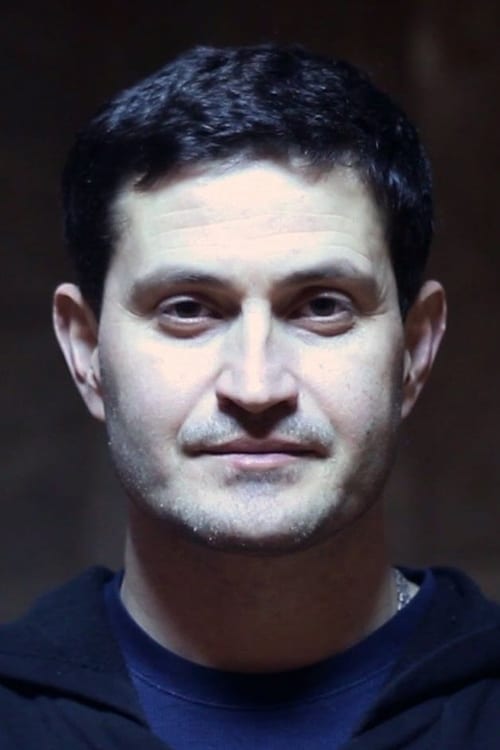
Popularity: 1.042
Akhtem Seitablaiev
A.K.A:
Ахтем Сеїтаблаєв - Achtem Seitabłajew - Akhtem Seitablayev - Akhtem Seitablaev - Ахтем Сейтаблаєв - 阿希姆特·塞塔布拉耶夫 -1972-12-11
Male
Yangiyul, USSR (Uzbekistan)
/
Biography
Crimean Tatar filmmaker. Akhtem Shevketovych Seitablayev, born 11 December 1972, is a Ukrainian actor, screenwriter and film director of the Crimean Tatars origin. He is the director of several high-profile films, including Haytarma in 2013 and Another's Prayer in 2017. He has expressed opposition to the annexation of Crimea by the Russian Federation and his films about the fate of several prominent Crimean Tatars have been praised throughout the former Soviet Union but criticized by hardline Russian nationalists. Seitablaiev was born in 1972 in Yangiyo‘l, then part of the Uzbek SSR. During the Stalinist period, his parents were deported by the Soviet authorities to Uzbekistan in the Sürgün since Crimean Tatars were one of the several ethnic groups to experience universal exile in the Stalin era. He attended school in Uzbekistan and remained in there with his family until they moved back to Crimea during the Perestroika era in 1989, where he began his film career in 1992 after graduating from the Crimean Cultural Enlightenment School. From 1992 to 2004 he worked at the Simferopol State Crimean Tatar Theater, where he directed several plays including works of Alexander Pushkin. In 2005 he began working at the Kyiv Academic Theatre of Drama and Comedy on the left-bank of Dnieper. In 2009 he directed his first film, Quartet for Two. In 2013 he directed the movie Haytarma (English: Return) based on the real life of Amet-khan Sultan, a Crimean Tatar flying ace and twice Hero of the Soviet Union who witnessed the Sürgün but managed to avoid deportation due to his father's Lak ancestry and the intervention of Timofey Khryukin, commander of the 8th Air Army. The film was praised by the Kyiv Post as "must-see for history enthusiasts" and criticized by Komsomolskaya Pravda for depicting the NKVD officers doing the deportation as violent while portraying the deported women and children in a much more sympathetic light. Russian consul in Crimea Vladimir Andreev said the film was "distorting the truth", and attacked the movie for being made by Crimean Tatars, who he said deserved to be deported, but he admitted that he did not actually watch the film, and based his opinion that the movie was inaccurate only because it was made by Crimean Tatars. However, Andreev's orders telling Russians invited to the film to not attend resulted in several Russian generals invited to the premiere cancelling, though some still saw it. Andreev's comments sparked a huge backlash that led to his resignation, while Seitablayev jokingly thanked Andreev for giving the movie free advertising.
